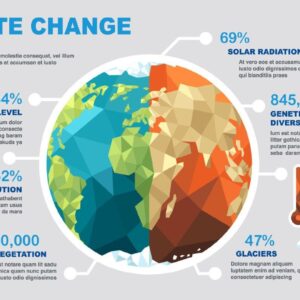The global health landscape is undergoing a transformation, largely driven by advances in technology. From telemedicine to AI-powered diagnostics, these innovations are reshaping healthcare delivery and improving outcomes across the globe.
Telemedicine: Revolutionizing Healthcare Access
Telemedicine has seen rapid growth during the pandemic, allowing patients to consult doctors and specialists remotely. This has proven invaluable in regions where healthcare access is limited, enabling millions of people to receive care without needing to travel long distances.
With the continued advancement of digital health platforms, telemedicine is likely to remain a vital tool in healthcare delivery. It reduces the strain on hospitals, offers convenience to patients, and allows doctors to reach underserved populations.
Artificial Intelligence and Machine Learning in Healthcare
Artificial intelligence (AI) is revolutionizing healthcare by providing tools that help diagnose diseases, predict health trends, and personalize treatment plans. AI algorithms can analyze medical data far more efficiently than humans, allowing for faster diagnoses and better patient care.
For example, AI is being used to detect early signs of cancer, heart disease, and other conditions that require timely intervention. As AI technology improves, it holds the potential to significantly improve global health outcomes.
Global Vaccination Efforts: Fighting the Next Pandemic
The COVID-19 pandemic demonstrated the need for global cooperation in vaccination efforts. With innovative vaccines developed in record time, the world learned how critical it is to have a robust and equitable vaccine distribution system in place.
As global health organizations continue to push for greater vaccine accessibility, especially in developing nations, the importance of global collaboration in public health has never been clearer.



